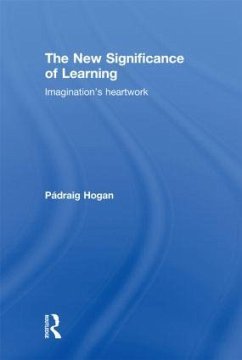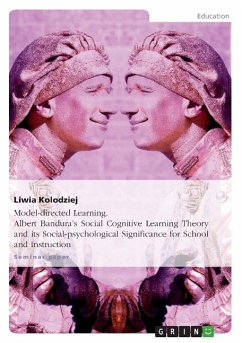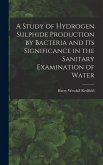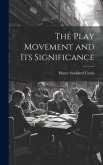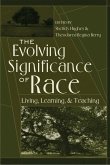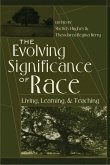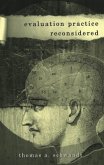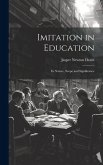Should education be understood mainly as a practice in its own right, or is it essentially a subordinate affair to be shaped and controlled by a society's powers-that-be? What difference does it make if students are chiefly viewed as recipients of a set of skills and knowledge, or as active participants in their own learning?¿ Does education have a responsibility in cultivating humanity's maturity, or are its purposes to be effectively matched to the functional requirements of a globalized age?¿¿ The New Significance of Learning explores these and other high-stakes questions. It challenges hierarchical and custodial conceptions of education that have been inherited as the 'natural order' of things. It discloses a more original and imaginative understanding of educational practice, illustrating this understanding with frequent practical examples. ¿ Among the merits highlighted by this approach are: a recognition that education is first and foremost an invitation to join a renewed experience of quest and disclosure; a realisation that taking up and pursuing such an invitation is a basic right, as distinct from a privilege to be bestowed or withheld;¿ an awareness of the decisive importance of specific kinds relationships in practices of teaching and learning; an emphasis on the human qualities as well as the intellectual achievements nourished by dedicated communities of learning; an acknowledgement of partiality - of incompleteness and bias - in even the best of humankind's learning efforts; the emergence of a distinctive ethical orientation for education as a practice in its own right.
Hinweis: Dieser Artikel kann nur an eine deutsche Lieferadresse ausgeliefert werden.
Hinweis: Dieser Artikel kann nur an eine deutsche Lieferadresse ausgeliefert werden.

